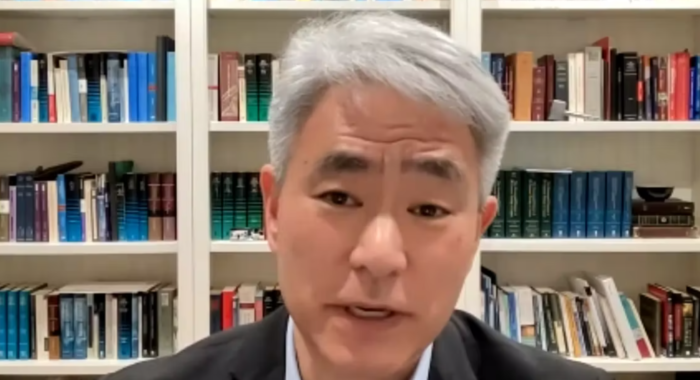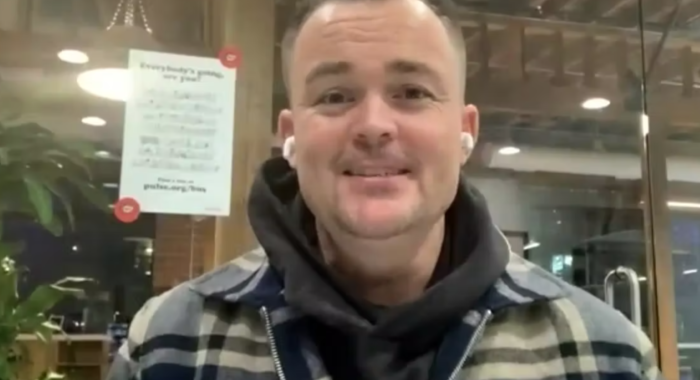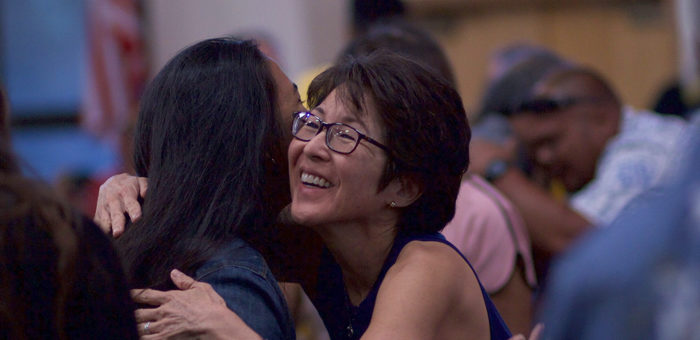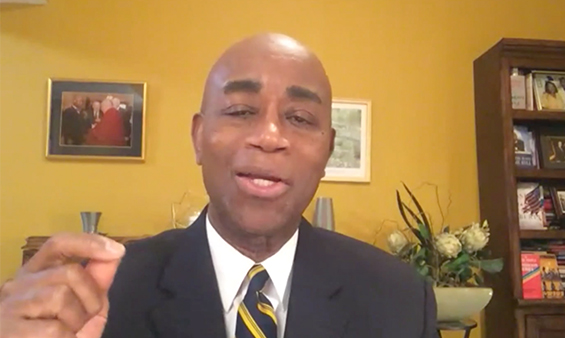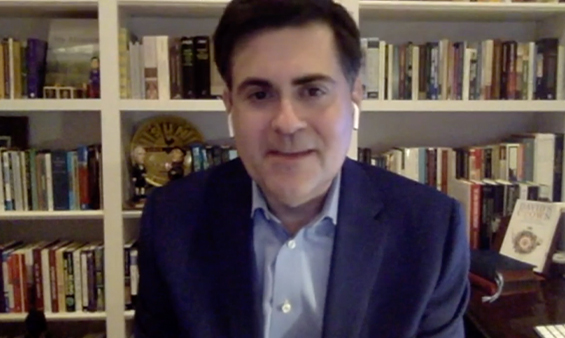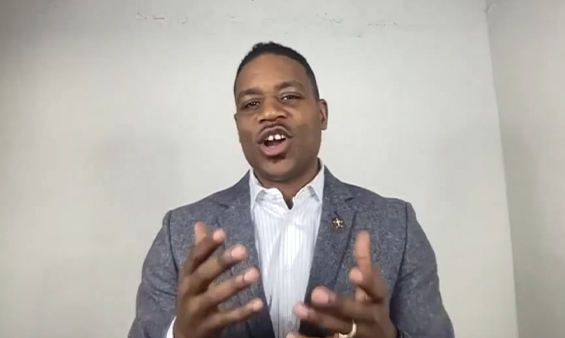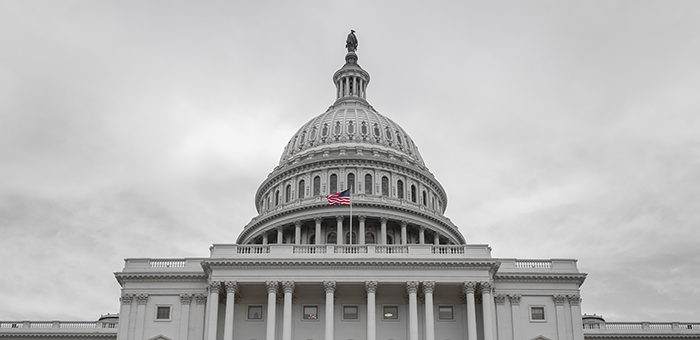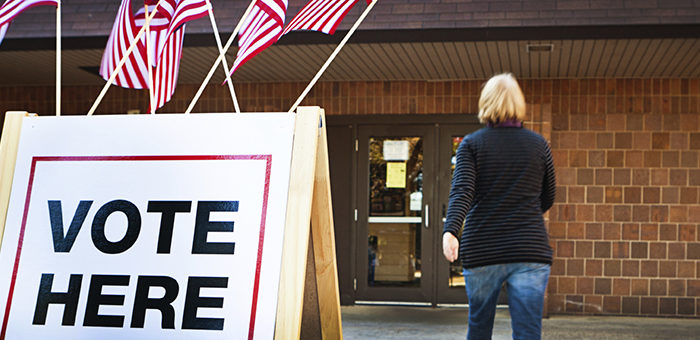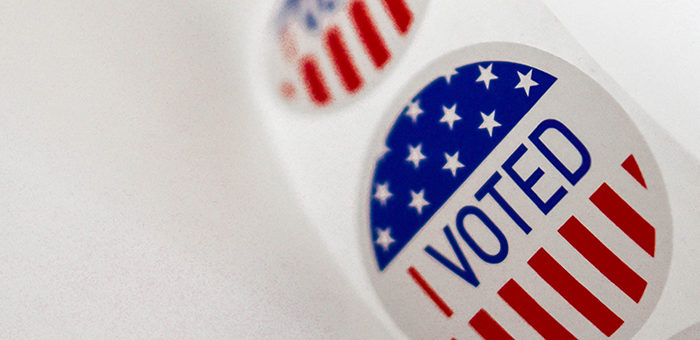Children learn the rhyme from their parents who learned it from their parents: “Sticks and stones may break my bones, but words will never hurt me.” It’s not true. Words can hurt more than broken bones.
We all remember the schoolyard bully who called us ugly names. We all have name-calling stories from school, work, home and even church. Usually name calling, half-truths, guilt-by-association and other manipulations come from those whose arguments are too weak to stand without personal attacks. But, that doesn’t mean that we are not wounded by the unkindness of incivility.
How should we respond? I have always admired the Christian grace of Billy Graham who suffered attacks from believers and unbelievers alike. He refused to retaliate. He wouldn’t respond in kind. He was an example of Christ-like civility for all followers of Jesus.
The simplest practical formula on how to be civil is the Golden Rule from Jesus in Matthew 7:12, “So in everything, do to others what you would have them do to you, for this sums up the Law and the Prophets.” We don’t want to be disrespected or misrepresented, so we must not disrespect or misrepresent others. We don’t want to be called unkind names, so we must not call others unkind names. We want others to be civil to us, so we must be civil to others.
And what if those who are uncivil claim to be fellow Christians? Their incivility can be the greatest disappointment of all, because we expect the best from our brothers and sisters. St. Paul counseled us to “Make sure that nobody pays back wrong for wrong, but always try to be kind to each other and to everyone else” (1 Thessalonians 5:15).
Let us be civil, not primarily for civility’s sake, but for Christ’s sake.
This article originally appeared in the NAE Insight.
Leith Anderson is president emeritus of the National Association of Evangelicals and pastor emeritus of Wooddale Church in Eden Prairie, Minnesota. He served as NAE president from 2007–2019, after twice serving as interim president. He served as senior pastor of Wooddale Church for 35 years before retiring in 2011. He has been published in many periodicals and has written over 20 books. Anderson has a Doctor of Ministry degree from Fuller Theological Seminary, and is a graduate of Moody Bible Institute, Bradley University and Denver Seminary.




 View All Articles
View All Articles 




